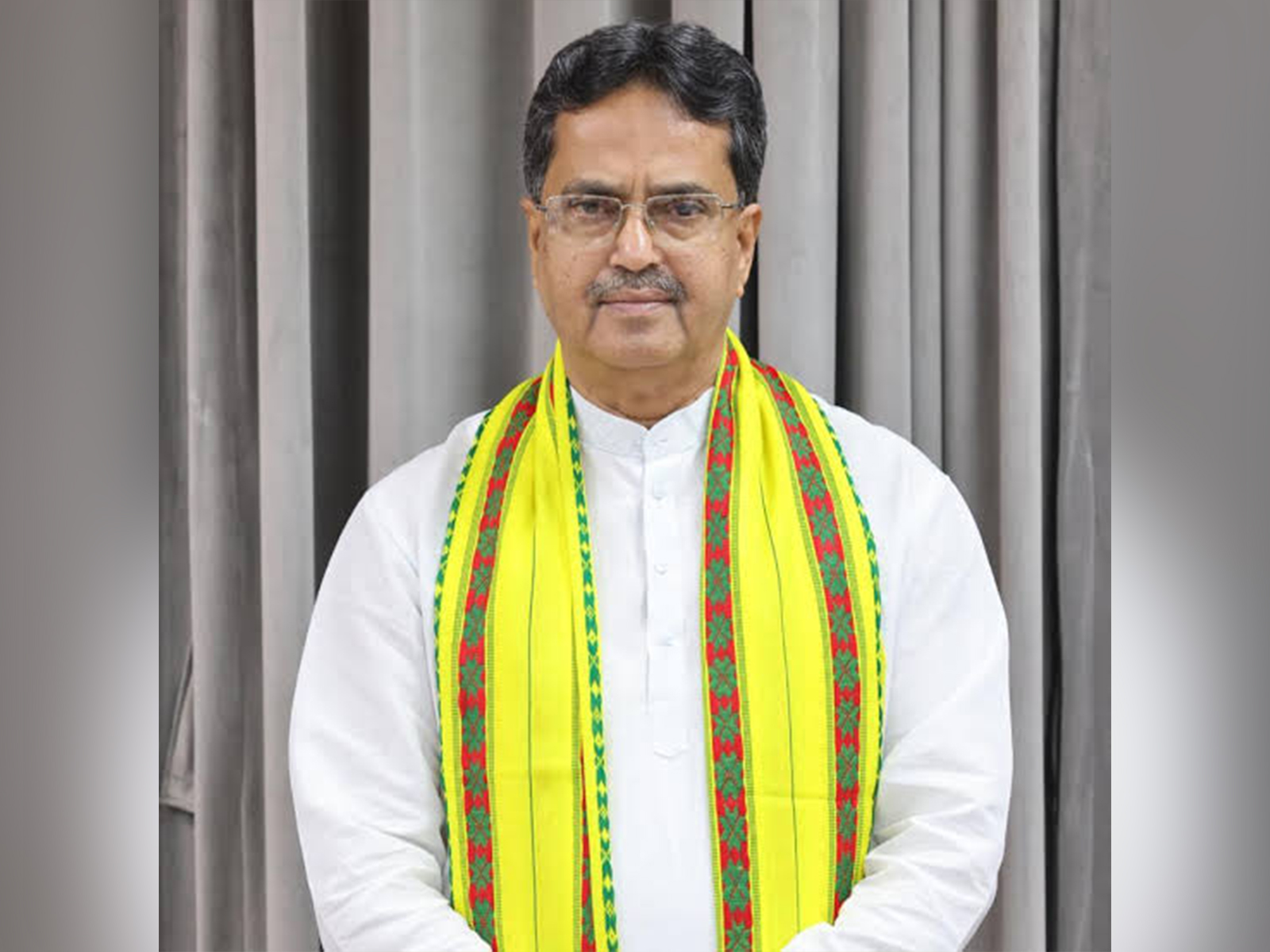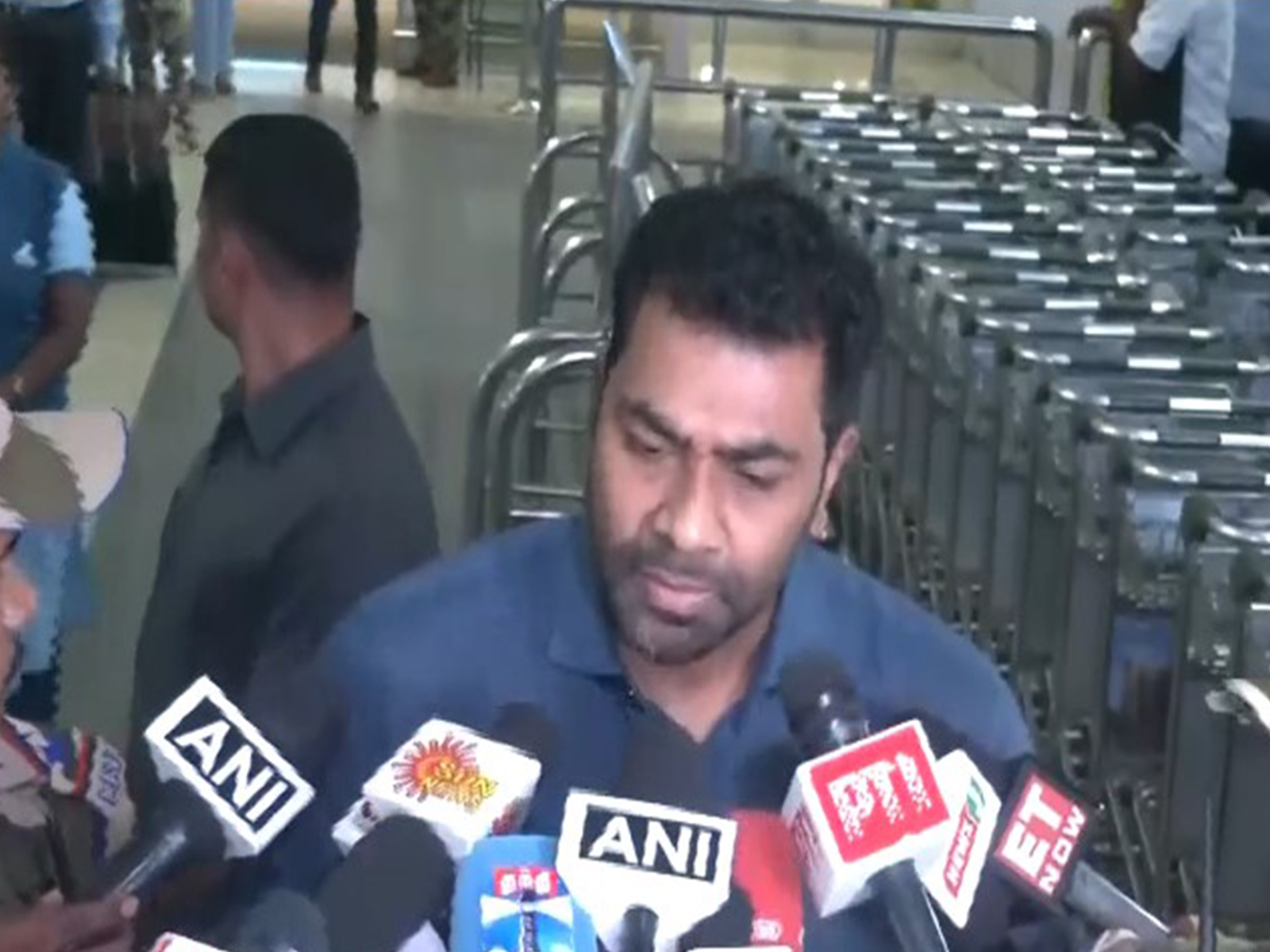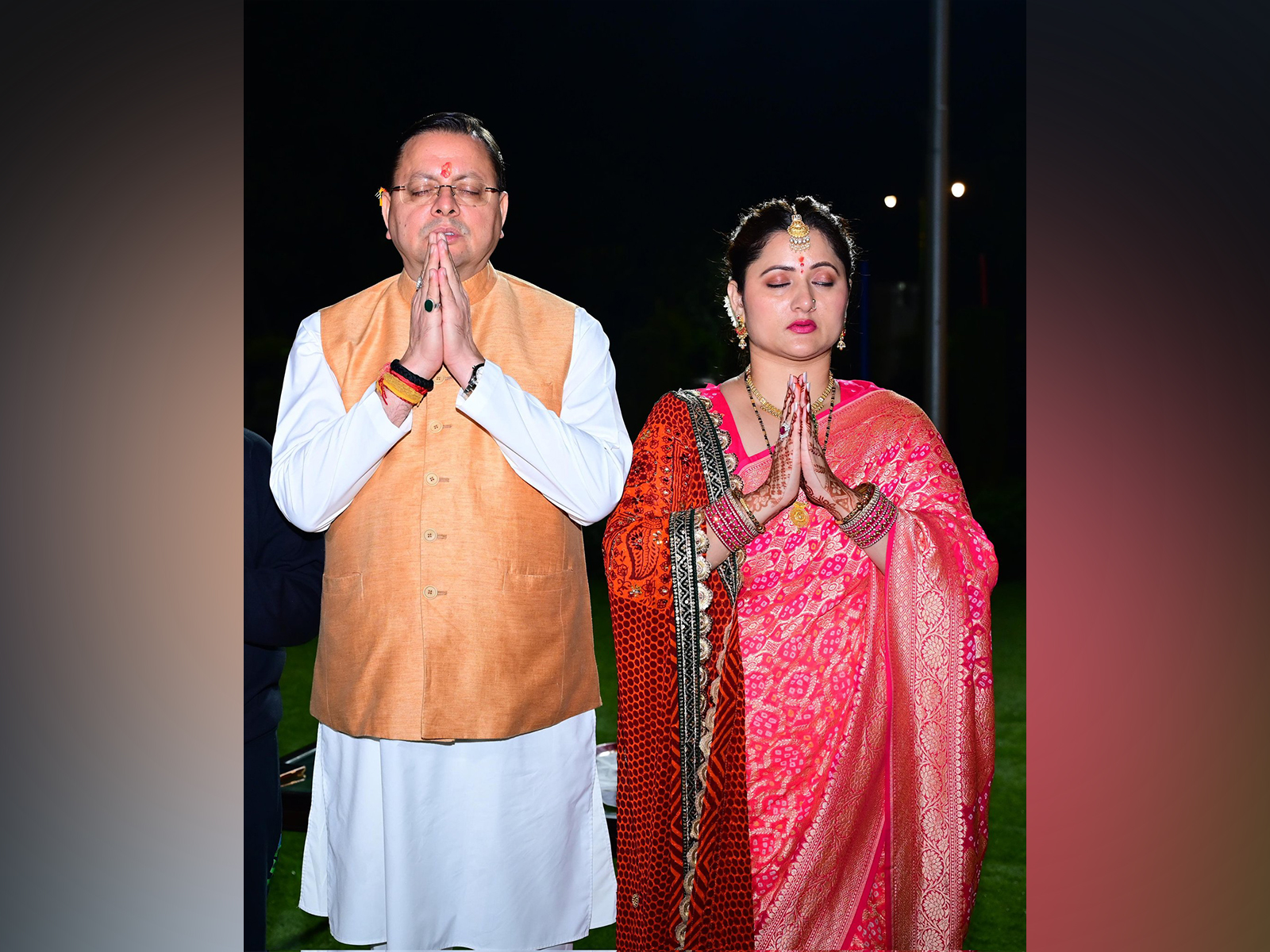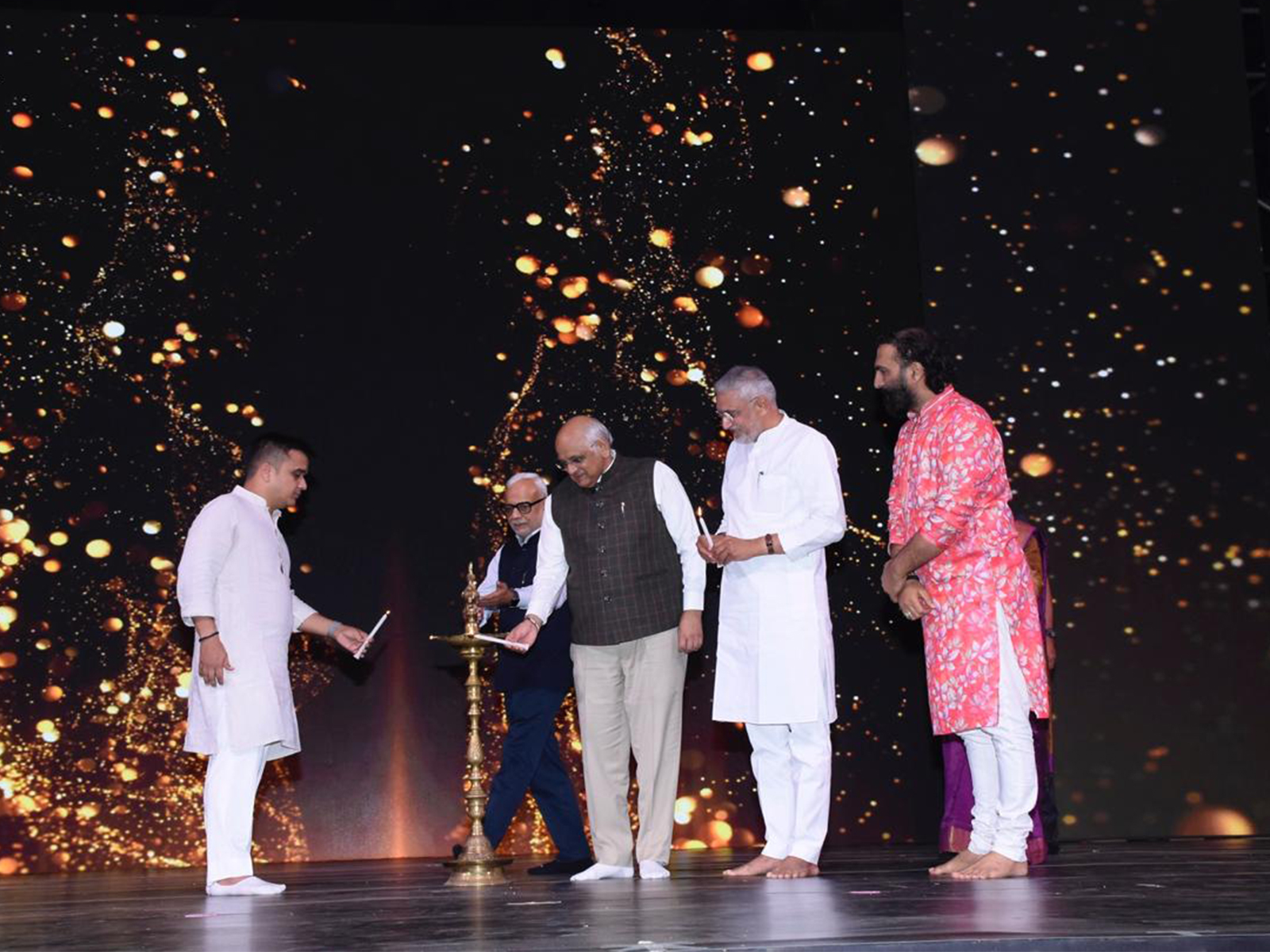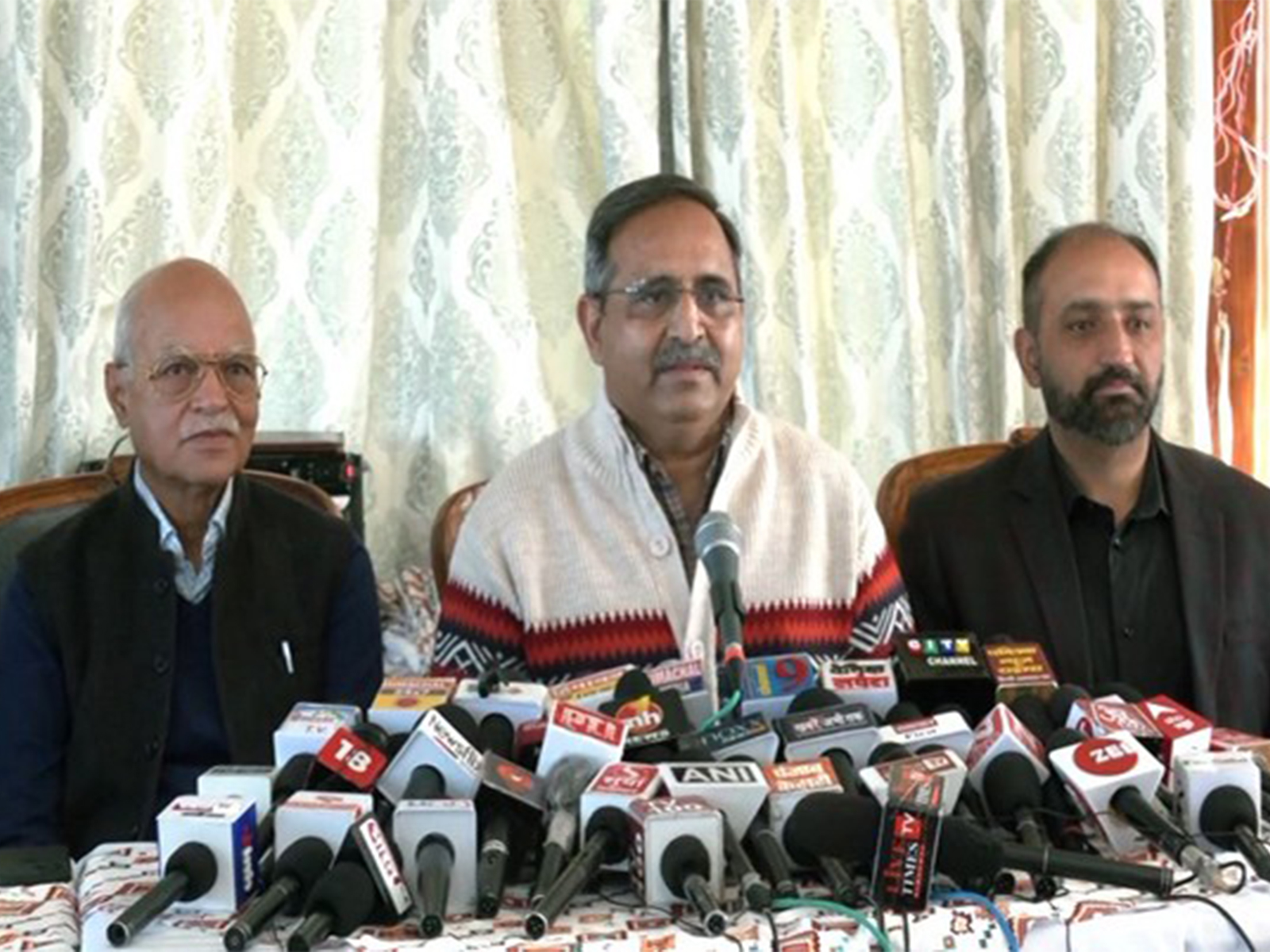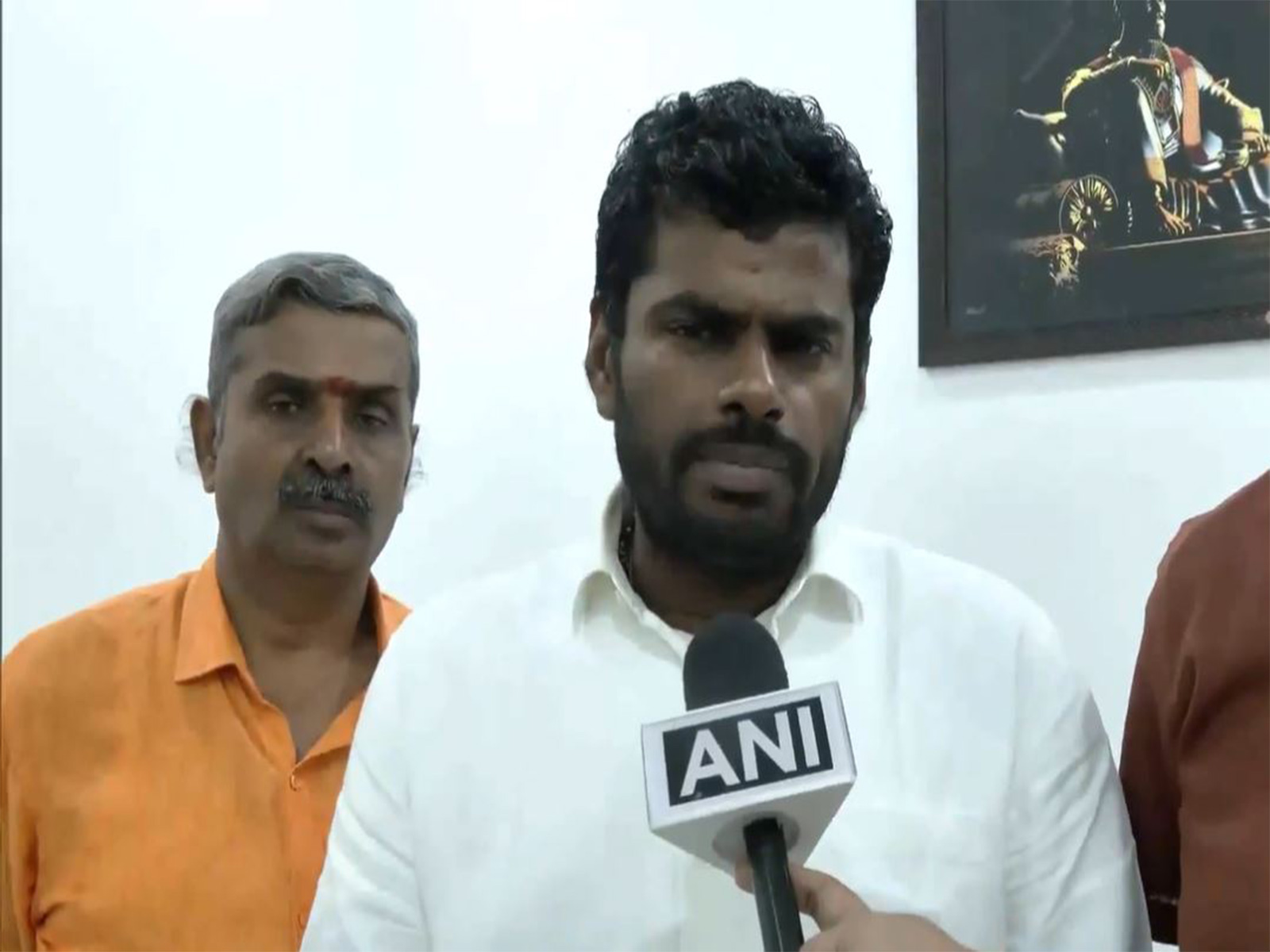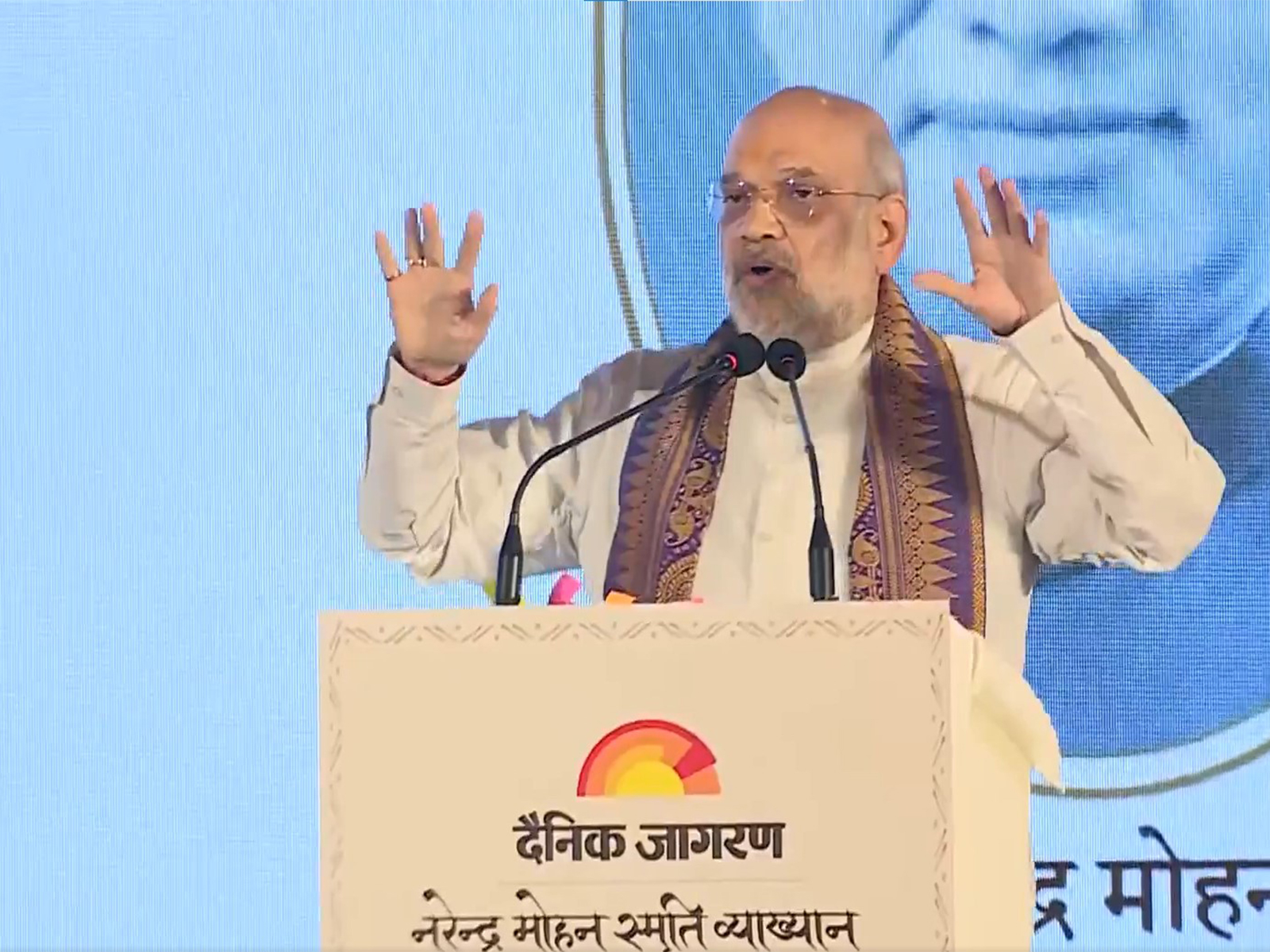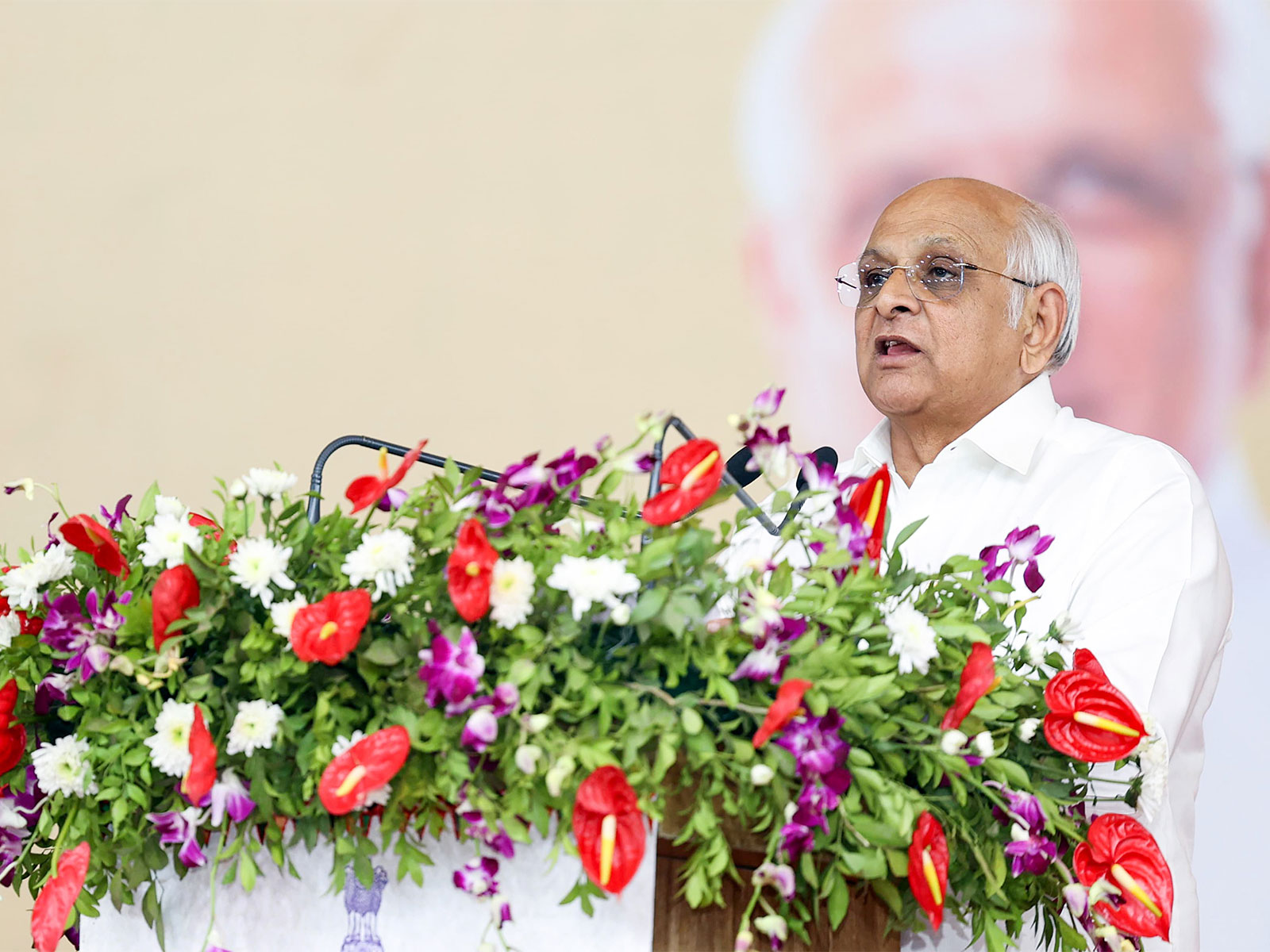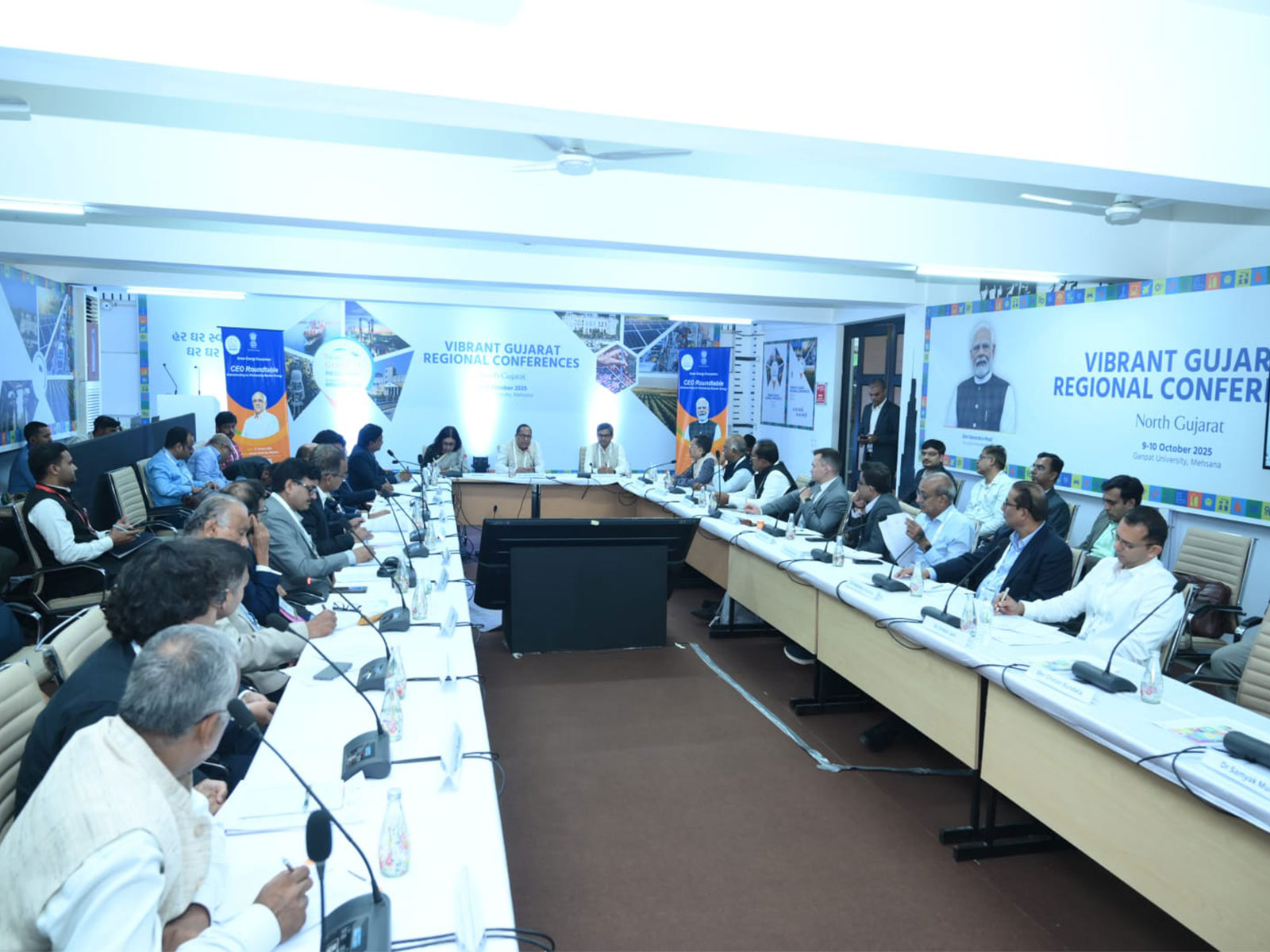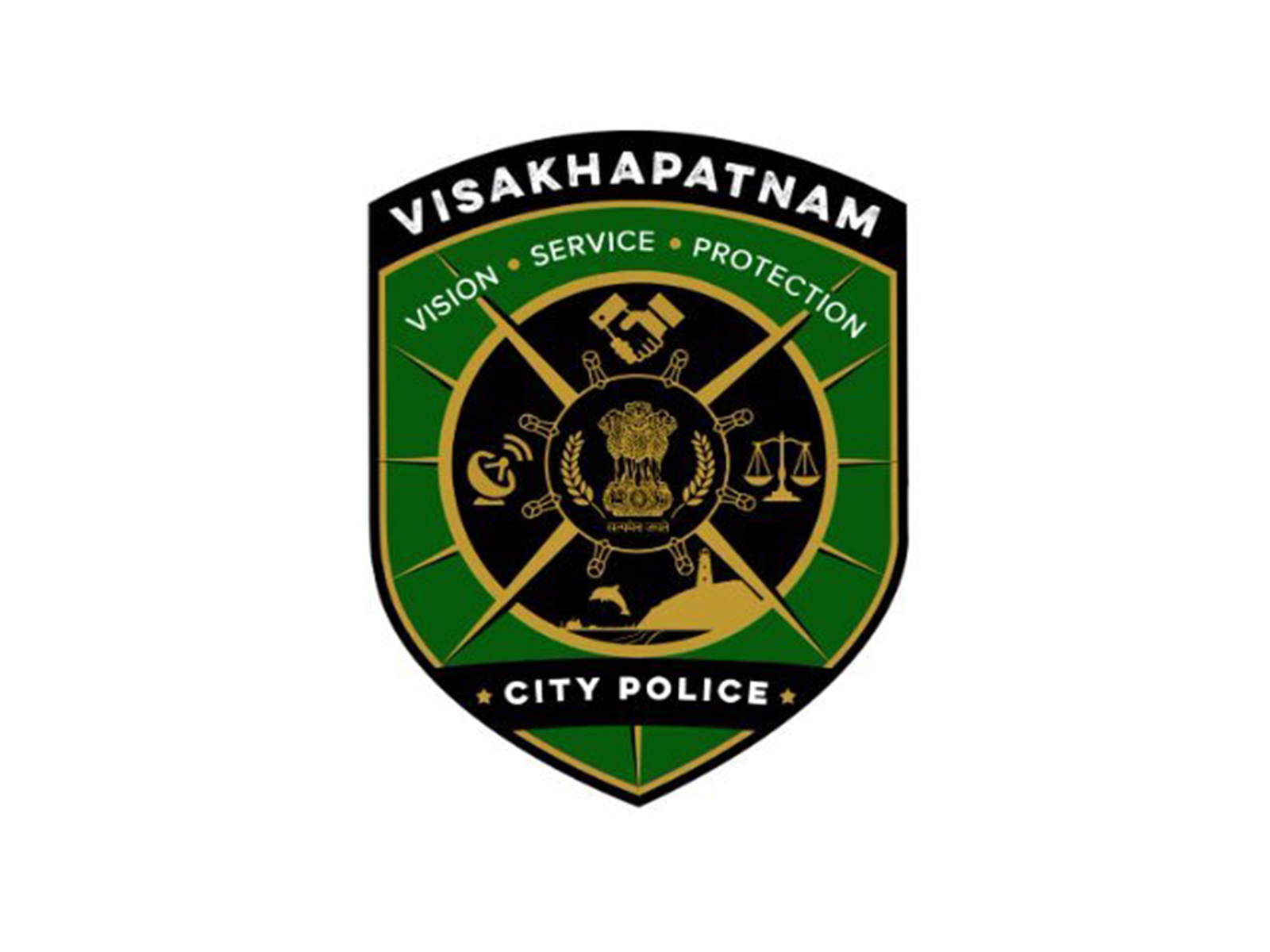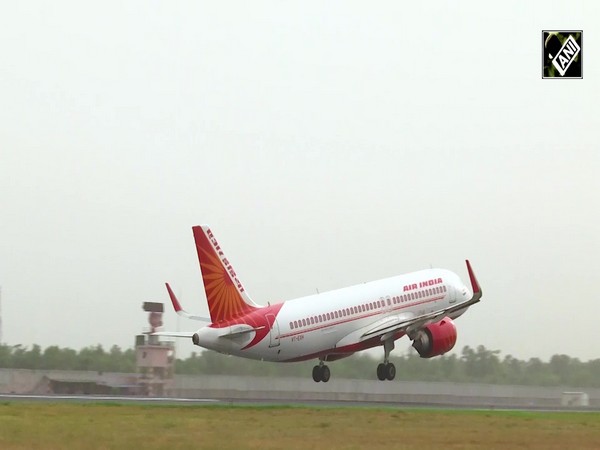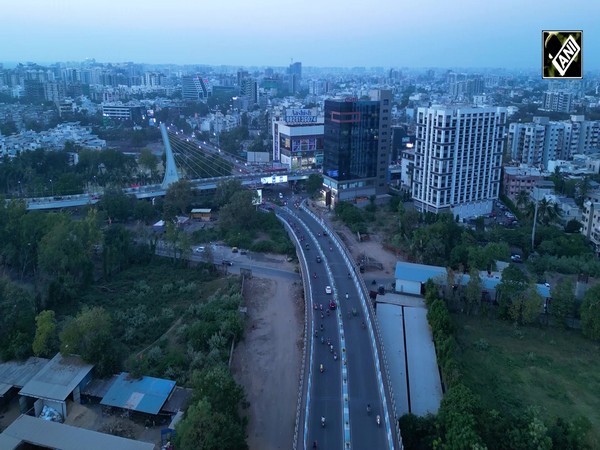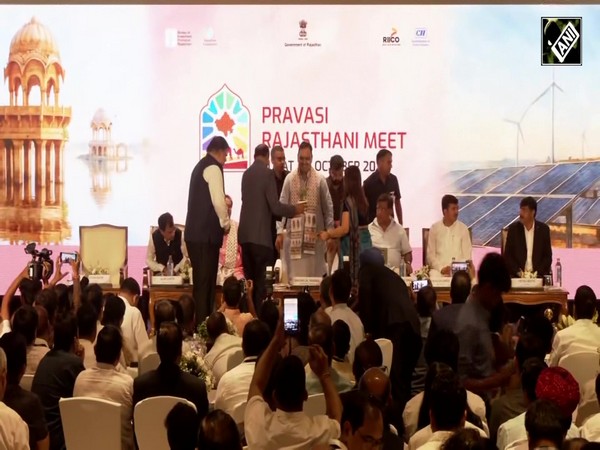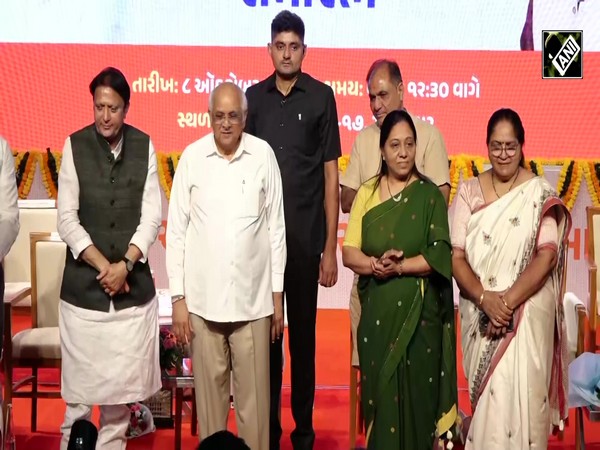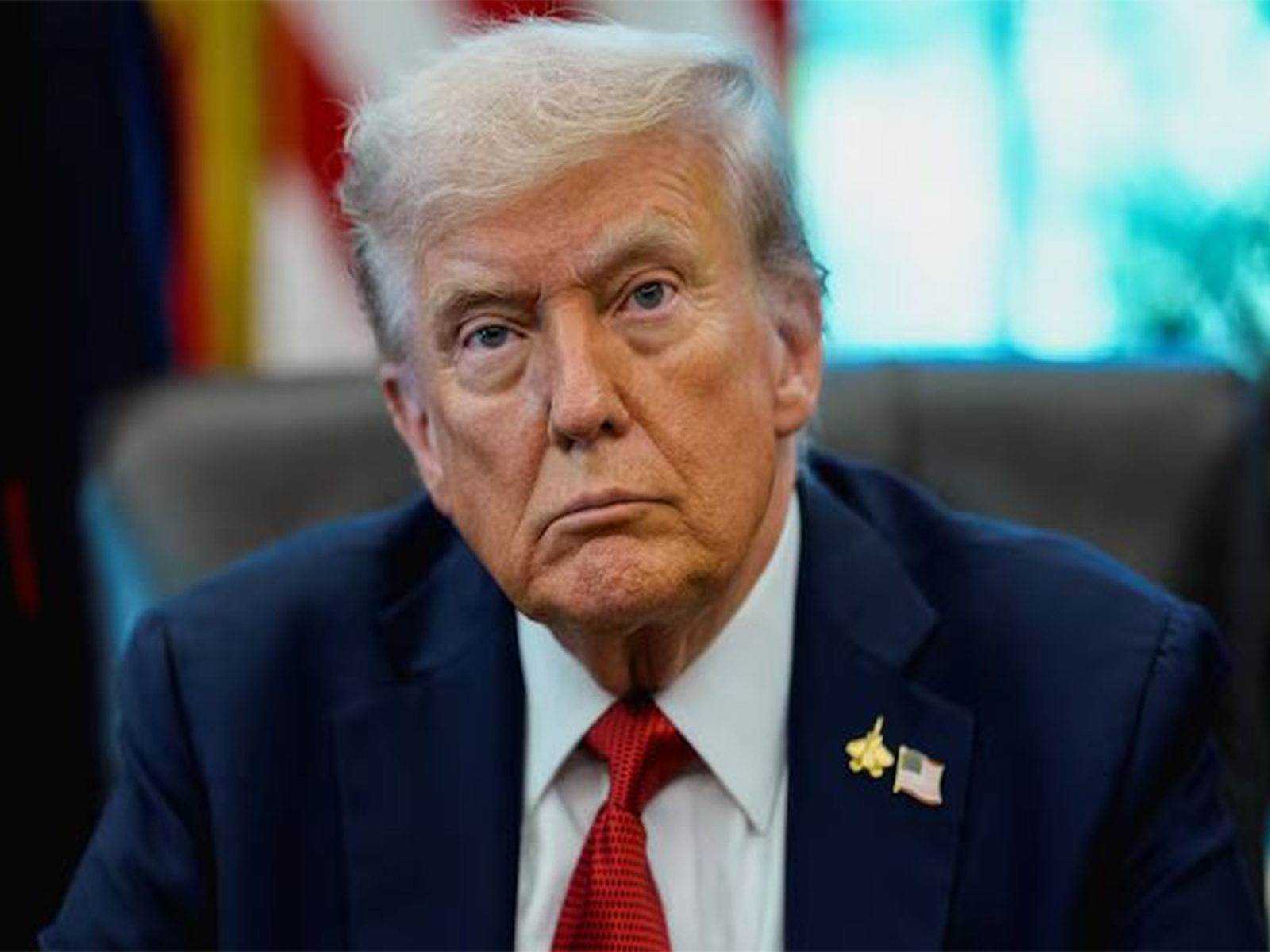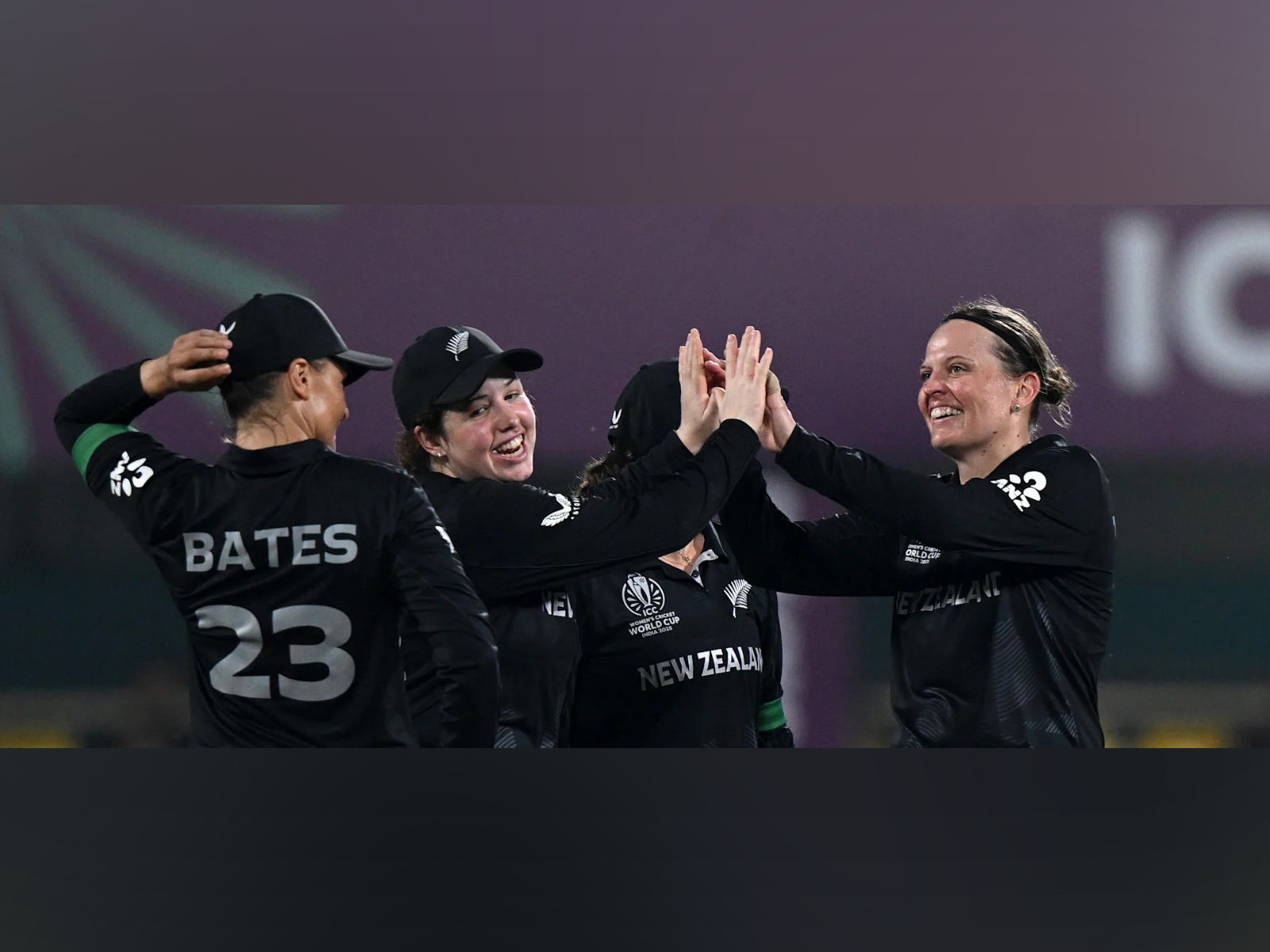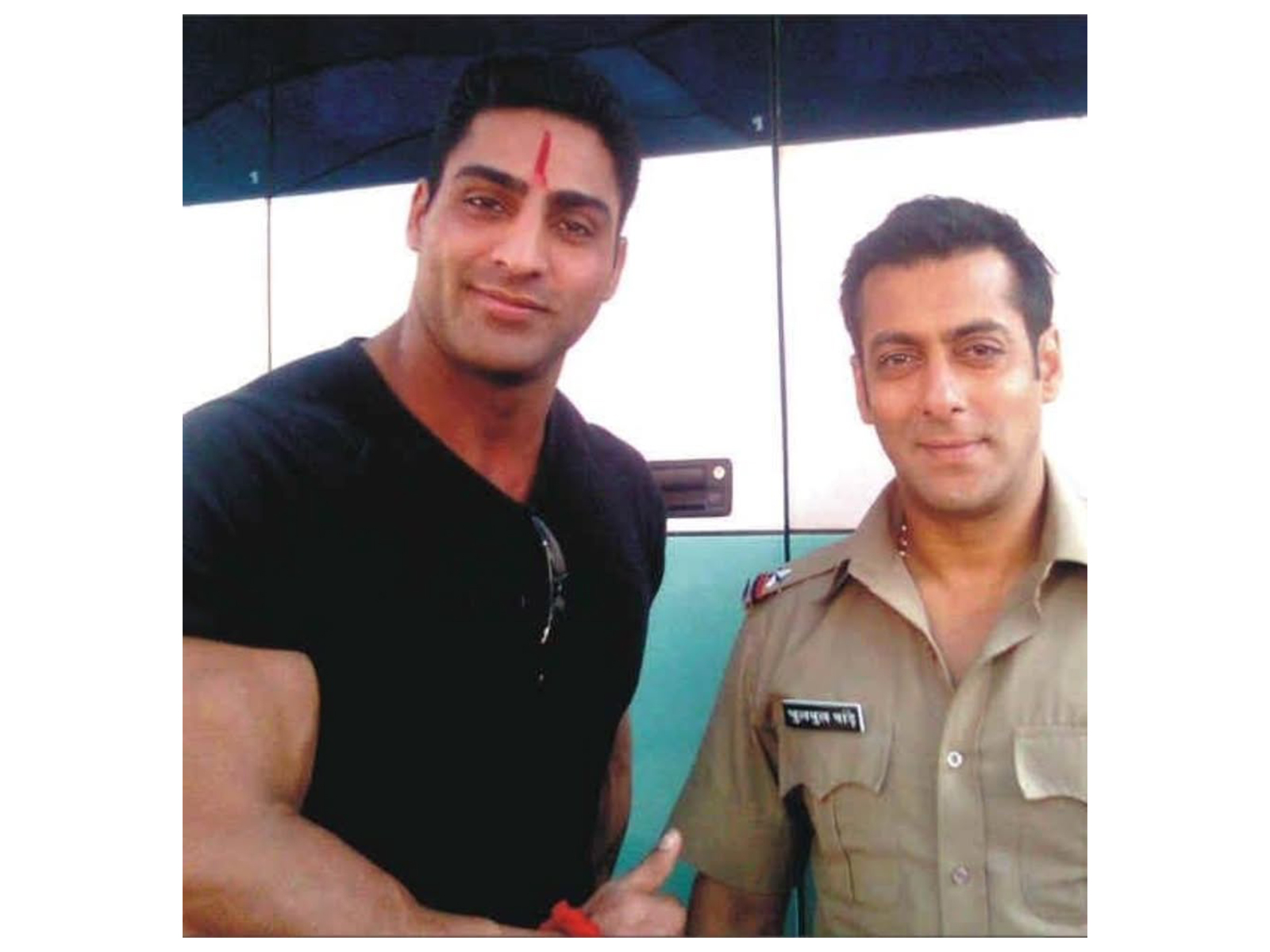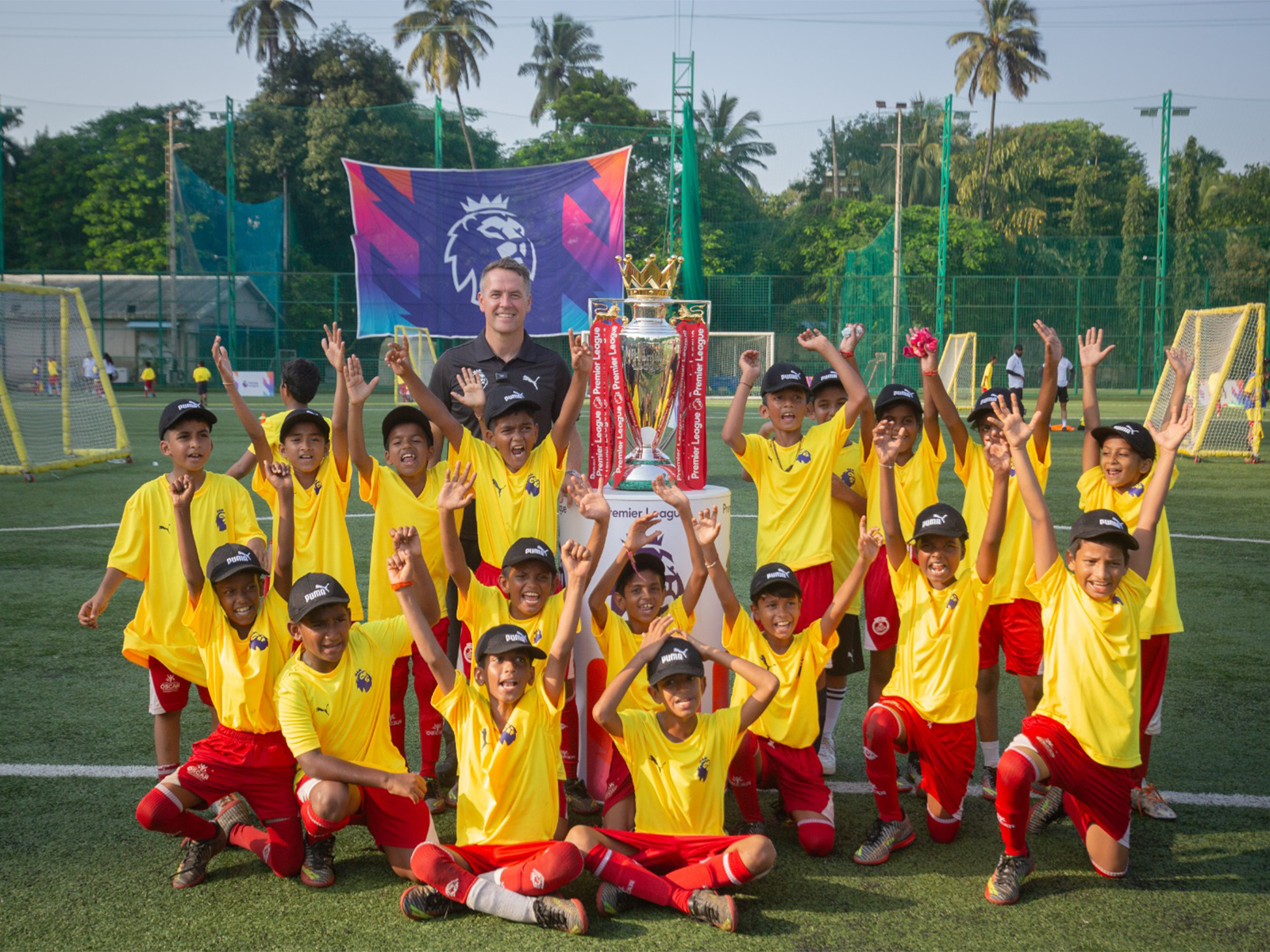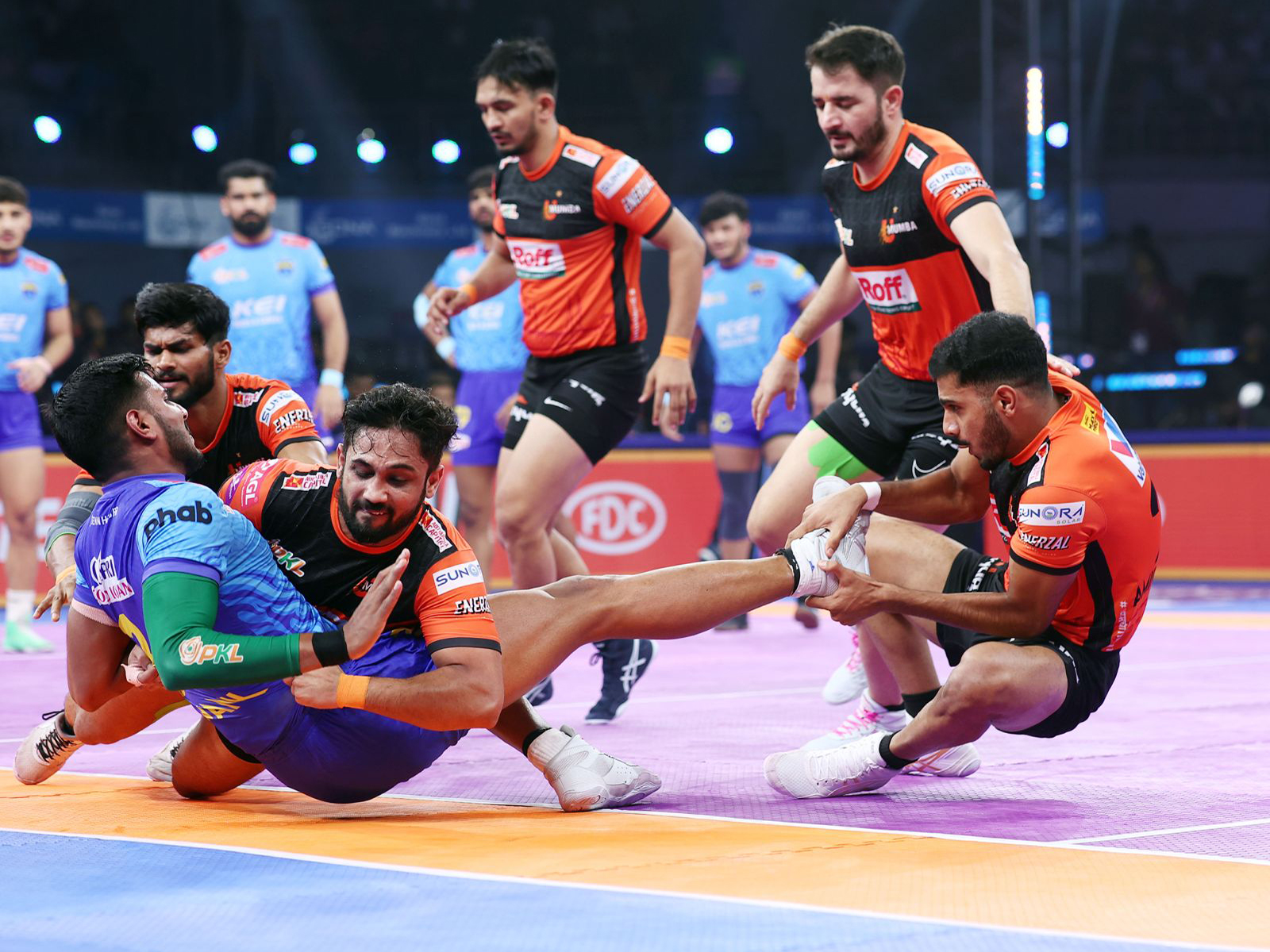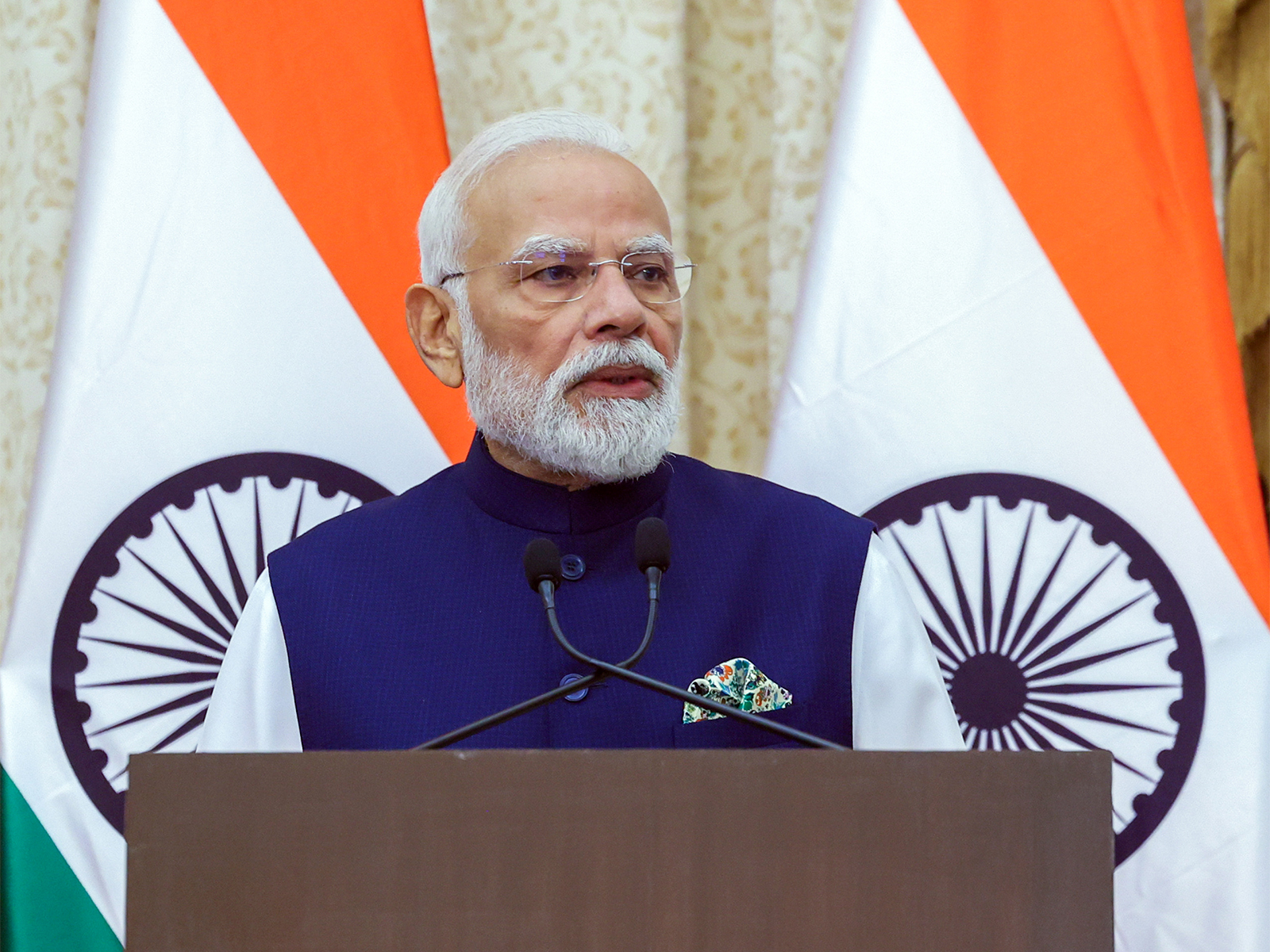
World Mental Health Day 2025: PM Modi calls for making mental health conversations mainstream
Oct 10, 2025
New Delhi [India], October 10 : On the occasion of World Mental Health Day 2025, Prime Minister Narendra Modi on Friday called for making conversations about mental health a mainstream part of public discourse and society, while commending professionals working to promote mental well-being across the country.
In a post on social media platform X, the Prime Minister wrote, "World Mental Health Day serves as a powerful reminder that mental health is a fundamental part of our overall well-being. In a fast-paced world, this day underscores the importance of reflecting and extending compassion to others."
Calling for a collective effort to normalise discussions around mental health, PM Modi added, "Let us also work collectively to create environments where conversations around mental health become more mainstream. My compliments to all those working in this field and helping others heal and find happiness."
Meanwhile, to provide mental health support in regional languages and enhance accessibility, Union Minister of Health and Family Welfare Jagat Prakash Nadda launched several new initiatives for the National Tele Mental Health Programme (Tele MANAS) in the national capital Today.
These latest initiatives include the launch of Tele MANAS App Enhancements (Multi-lingual UI, Chatbot, Accessibility, Emergency Module). The Tele MANAS app will now be available in 10 regional languages, in addition to English and Hindi. These languages include Assamese, Bengali, Gujarati, Kannada, Malayalam, Marathi, Tamil, Telugu, Odia, and Punjabi.
Speaking on the occasion, Nadda remarked that "a sound mind leads to a sound body, and a healthy mind and a healthy body lead to a healthy nation."He said, "India is committed to ensuring equitable, affordable, and inclusive access to mental health services. With the launch of the new features in the Tele-MANAS app, we are strengthening our preparedness to respond effectively to mental health emergencies and expanding the reach of digital innovations to every corner of the country. Moving a step closer towards normalising discussions around mental health is crucial to reducing stigma and highlighting mental health as an integral aspect of public health in India."
The Union Minister also stated that Deepika Padukone has been designated as the Mental Health Ambassador for raising awareness about access to mental health services. According to Nadda, her involvement as a national advocate will help focus attention on mental health and encourage people to seek timely support through government-approved mental health resources.
"The partnership with Deepika Padukone will help widely disseminate awareness about mental health issues in India, normalise discussions to reduce stigma, and highlight mental health as an integral aspect of public health," he stated.
During the launch of the latest initiatives, the Union Health Minister highlighted that "since its inception, it has handled around 28 lakh calls, with trained counsellors engaging in more than 20 different languages. Every day, about 4,000 people reach out for support, showing the effectiveness of the service in addressing mental health concerns. The almost equal number of men and women seeking help demonstrates that awareness is growing among all groups.
Earlier, Andhra Pradesh State Health Minister Satya Kumar Yadav spoke about the importance of prioritising mental health, just as one would physical health. During the inauguration of a talk organised on the occasion of World Mental Health Day in Vijayawada, the Health Minister urged everyone to make an effort to control mental health disorders collectively.
October 10 is annually observed as World Mental Health Day. According to the World Health Organisation (WHO), it was first observed in 1992, at the initiative of the World Federation for Mental Health (WFMH). This year's campaign focuses on the urgent need to support the mental health and psychosocial needs of people affected by humanitarian emergencies, WHO said.
According to the WHO, it is essential for everyone, including government officials, health and social care providers, school staff and community groups, to come together.
